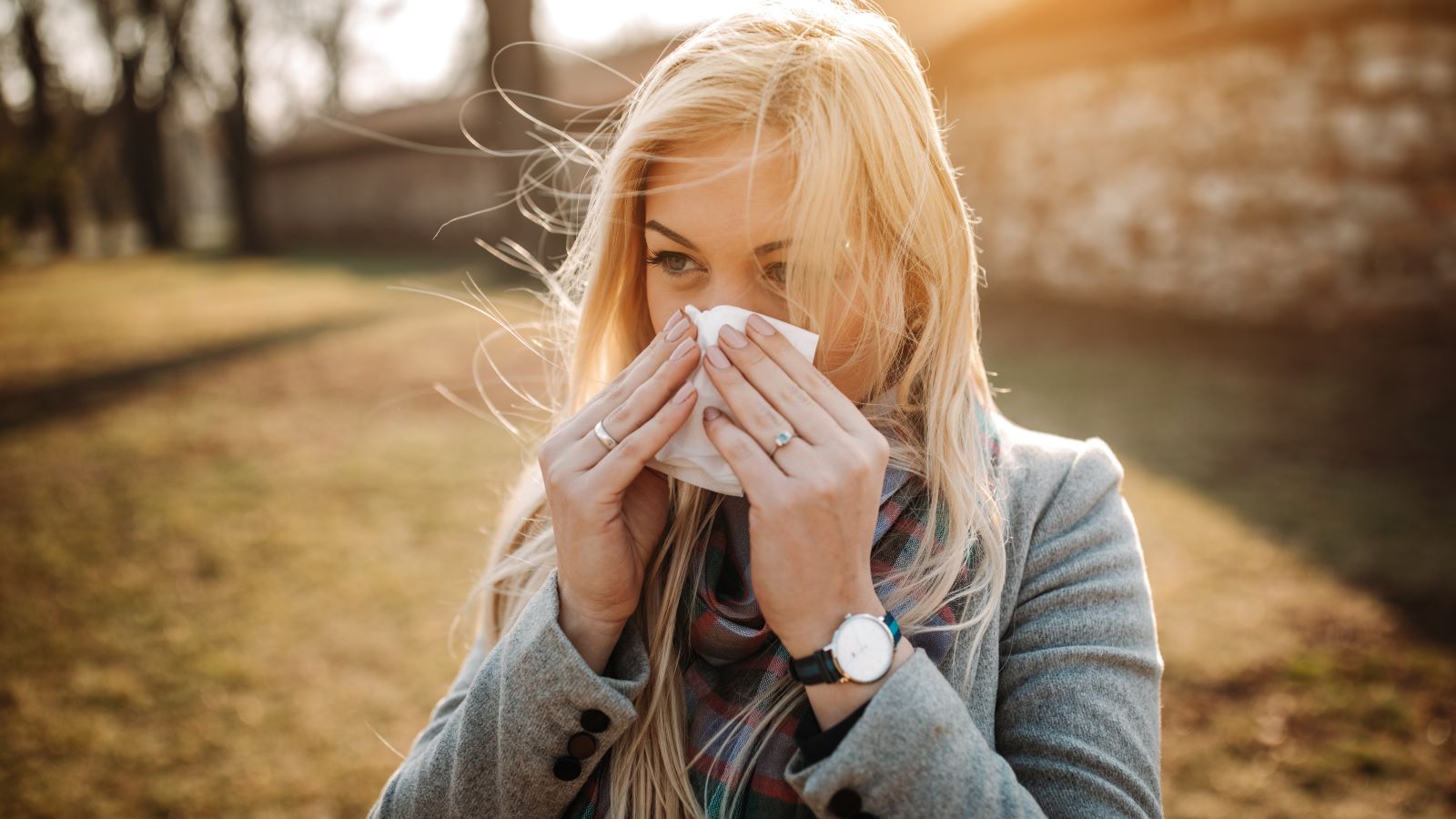<< Back
Why Your Allergies Might Be Worse in the Fall (or the Spring)

October 10, 2023
If you’re a seasonal allergy sufferer, but find your symptoms are worse in the fall versus the spring (or vice versa), you might be on to something.
“A person’s allergies may be worse in one season compared to another depending on what pollens they are sensitive to,” says Maryam Syed, DO, who practices family medicine at Hartford HealthCare Medical Group in Westport.
Not sure what you’re allergic to? Here’s a quick guide for spring and fall allergies, and how you can reduce your symptoms.
The most common spring and fall allergies.
Which season is worse for you depends on what you’re allergic to and what allergens are most prominent.
In the spring, the most common cause of allergies is tree and grass pollen. The pollen count is usually highest in the morning (which may account for that runny nose you wake up with).
During the fall, the main culprit of allergy symptoms is ragweed. Ragweed is a flowering plant that releases pollen from August through November, especially on the East Coast and the Midwest. Its pollen count reaches a peak in mid-September.
> Related: Tired of Seasonal Allergies? Tips and Tricks for Making it Through the Spring
Warmer weather may mean higher pollen counts.
The weather can play a major role in allergens, and your accompanying symptoms.
“Climate plays an important role in what can trigger allergies in different seasons,” says Dr. Syed. “For example on warm days pollen counts can increase. Tree, grass and ragweed also thrive during warm days and cool nights.”
4 ways to reduce symptoms.
Allergies can be a menace, but there are steps you can take to minimize your exposure such as:
- Avoid outdoor activities in the morning on days with high pollen counts.
- Keep windows closed to avoid pollen coming inside.
- Take a shower after being outdoors to wash off the pollen.
- Take over-the-counter allergy medication.
And if your allergies are really bothering you, Dr. Syed suggests seeing an allergy specialist to determine what triggers your symptoms and come up with a treatment plan.